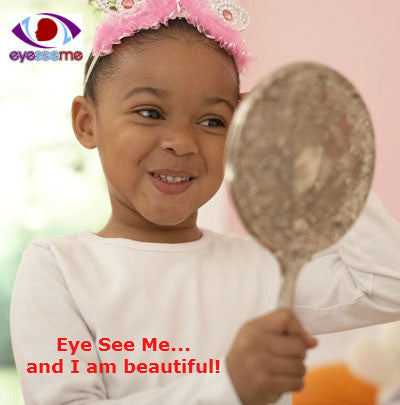
Why does seeing themselves in books matter to children?
Rudine Sims Bishop, professor emerita of The Ohio State University, frames the problem with the metaphor of “mirror” and “window” books. All children need both. Too often children of color...
Jeffrey Blair |
